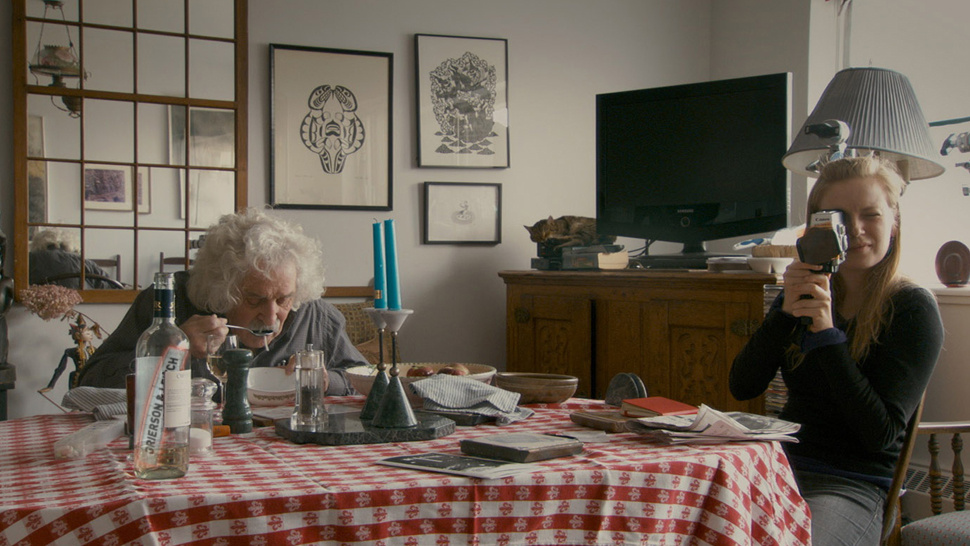There are very very few films, mostly just one, in a year, that you can term as the one that profoundly effects you as a viewer. For me, these are films that remind me again as to why I am so passionate about cinema and the power that the medium holds. Sarah Polley’s ‘Stories We Tell’ is that film for me. It is already November and I don’t believe I am going to see anything better than this. I will also be very honest here and mention that my reasons for loving the film are also very personal.
‘Stories We Tell’ is an uncanny and unseen mix of both normal film and documentary style. As a viewer you may often get confused as to how the director Sarah Polley, got so much footage on the main subject, Diane, her mother who died on her 11thbirthday. While some is real, other is the Super-8 footage shot to look like home movies of historical events in her family’s life. The Super-8 re-creations have Rebecca Jenkins playing Diane. The film incorporates interviews with Polley’s siblings, father Micheal Polley, relatives and family friends, pictures, narrations and the Super-8 footage.
In Polley’s own words, she wanted to tell the story not just from one point of view but from every person who was a player direct or indirect in the story. And while she does stay true to the idea, I did feel that as one the people most affected by the incident, the moments that the camera captures her face are the most heart wrenching. The frames dedicated to the few years she and her father Micheal shared alone, were some of the most intense ones because though happy, they spoke silently of the incoming shock and possible heart break without actually saying anything.
The people involved in the story are not prudes who would react to the subject matter melodramatically. If anything, the idea was very much there before the final revelation that came years later. So I was wondering what is it that the film was trying to say, a question, the filmmaker was asked quite a few time but people being interviewed. I don’t suppose there could be just one thing.
The film goes beyond that what and who, platform to a very human element of reaction and introspection of both the past and the present for the people involved. The most touching scene of the film was when Micheal reads an e-mail that he had written to Sarah a little after the news was broken to him, not angry or hurt but surprisingly much more understanding of his wife’s actions than anyone else.
Given that the film is a compilation work, it is of course intensely different than most films that one would come across. But it is not so brilliant just because it does not adhere to a particular style of filmmaking. It is brilliant because despite its appearance, it works on almost every level as a mainstream product.
If there was just a few words for me to describe what I saw, I would say that it is a very entertaining, heartwarming and heartbreaking moment of cinematic experience. If you do not see it, you would be missing out of something.




















